About This Episode
On this episode of StarTalk Sports Edition, we’re wrapping up our “Making a Phenom’ mini-series. Over the past three episodes, we’ve explored genetics, neuroscience, and what it takes to be great with some of the world’s best experts. Now it’s time to finish things off as Neil deGrasse Tyson and co-hosts Gary O’Reilly and Chuck Nice investigate the ethics of technology in sports.
In the first segment, we’re joined by Rayvon Fouché, PhD, Director of American Studies at Purdue University and author of Game Changer: The Technoscientific Revolution in Sports. When world-records are broken, should we be crediting scientists and engineers rather than athletes? We explore if sports is becoming a competition between scientists, and we discuss the importance of a level playing field.
Ray explains the differences between written rules and the rules everyone plays by. You’ll hear why the rules are always slow to catch up to new things in sports. We also explore the ethics of new technology: If new tech is available to everyone, does that make it fair? We investigate the role of artificial intelligence in sports. Ray tells us why the randomness of humanity makes sport what it is.
Then, bioethicist Arthur Caplan, PhD, drops in to continue the conversation on ethics. If you start replacing body parts with mechanical or better versions of what they were, even when it’s not necessary, is that ethically correct? We ponder the future of biodata and how it will be used amongst players and teams. Find out why performance enhancement can take away more from sports that are deeply rooted in their history.
Finally, Ray comes back for our third segment as we wrap up the conversation. Discover more about the FIA, the governing body of Formula 1, and why they’re seen as the best governing body in sports. We talk about the idea of having parameters to work within rather than having strict rules to follow. All that, plus, our crew gives their final thoughts on where the relationship between technology and sports is headed.
NOTE: StarTalk+ Patrons and All-Access subscribers can watch or listen to this entire episode commercial-free.
About the prints that flank Neil in this video:
“Black Swan” & “White Swan” limited edition serigraph prints by Coast Salish artist Jane Kwatleematt Marston. For more information about this artist and her work, visit Inuit Gallery of Vancouver.


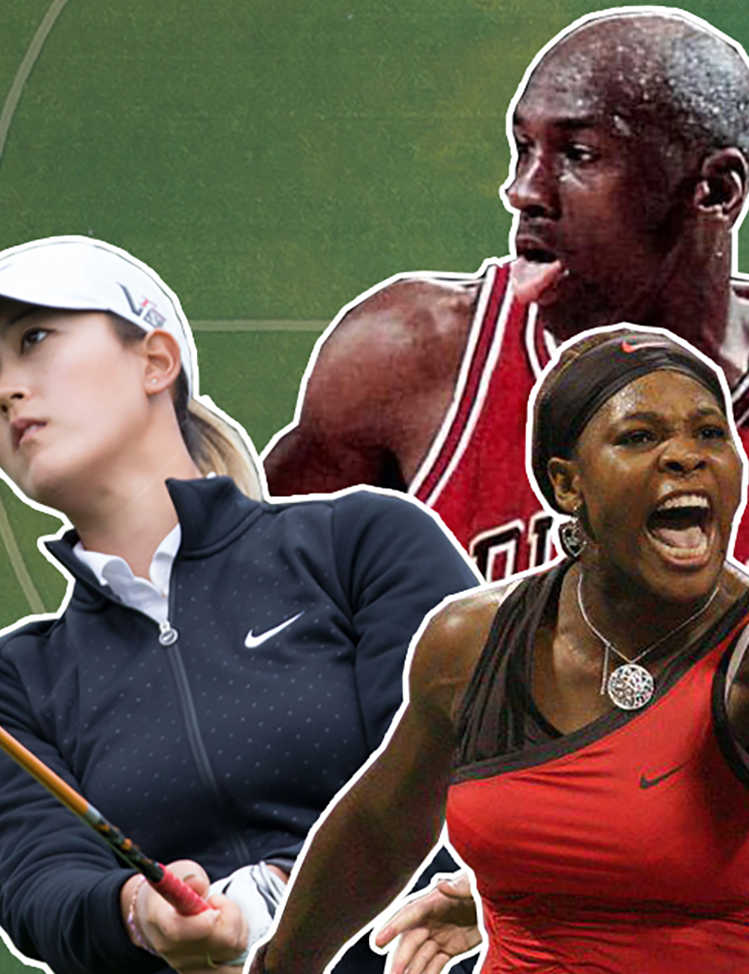
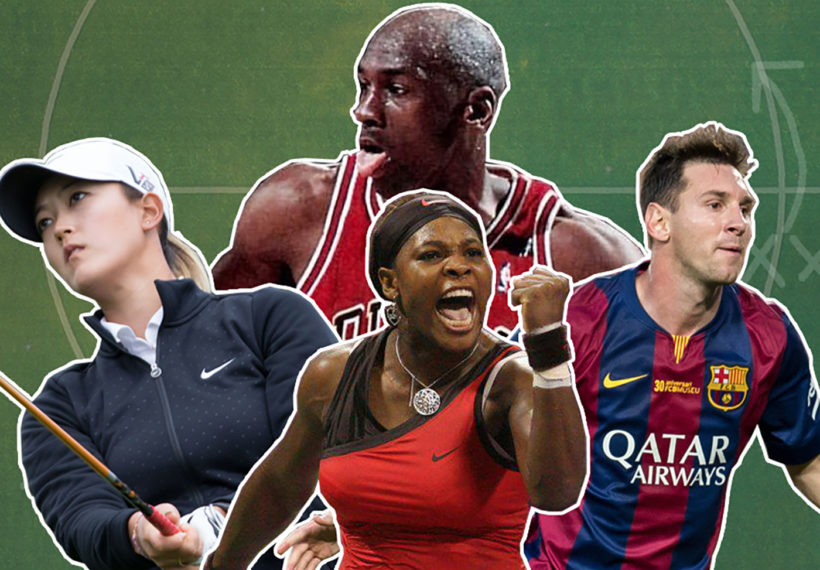
 Unlock with Patreon
Unlock with Patreon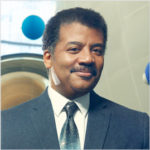
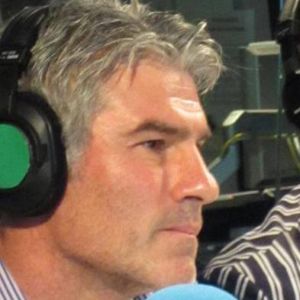


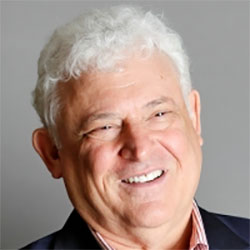
 Become a Patron
Become a Patron